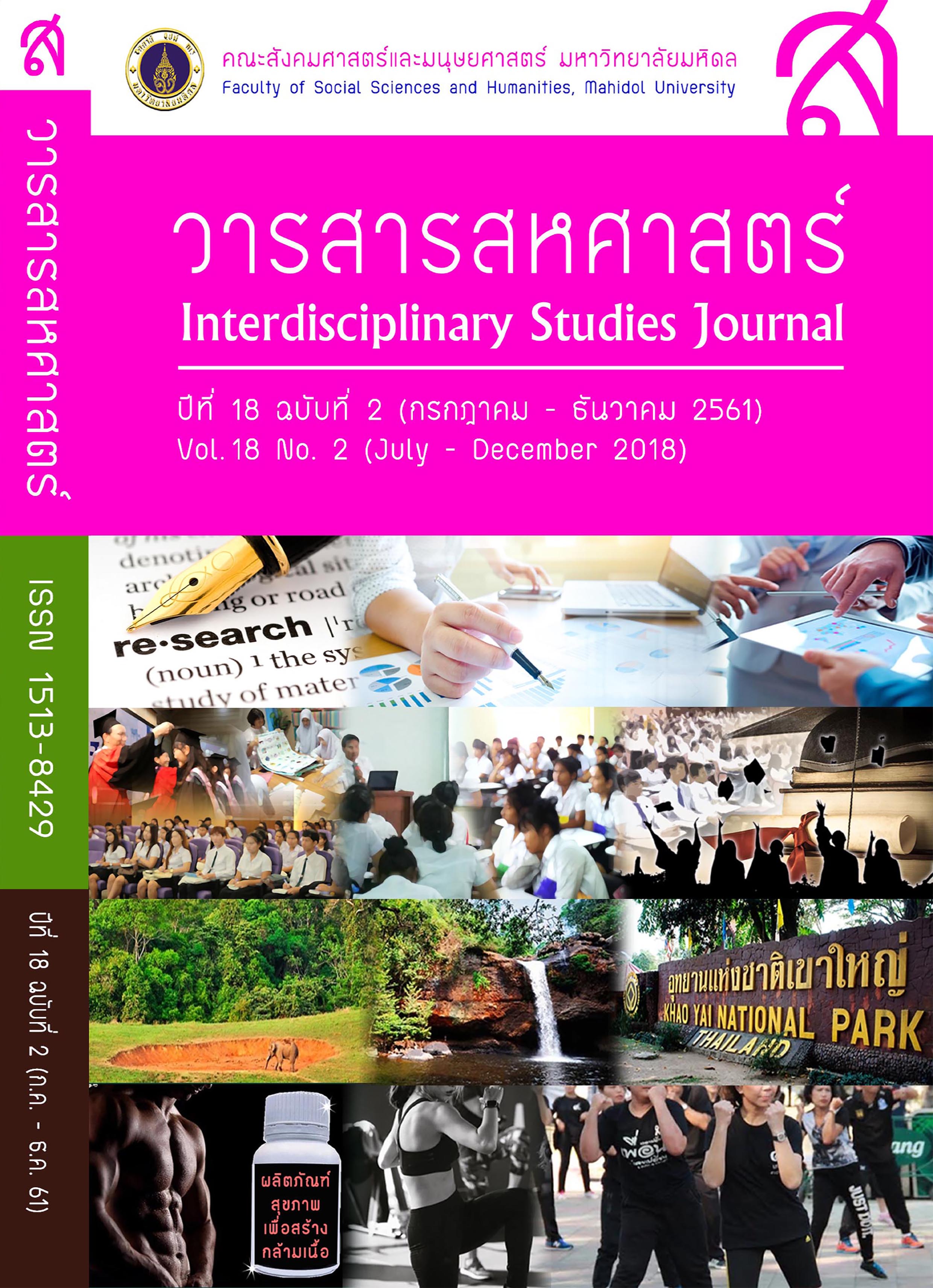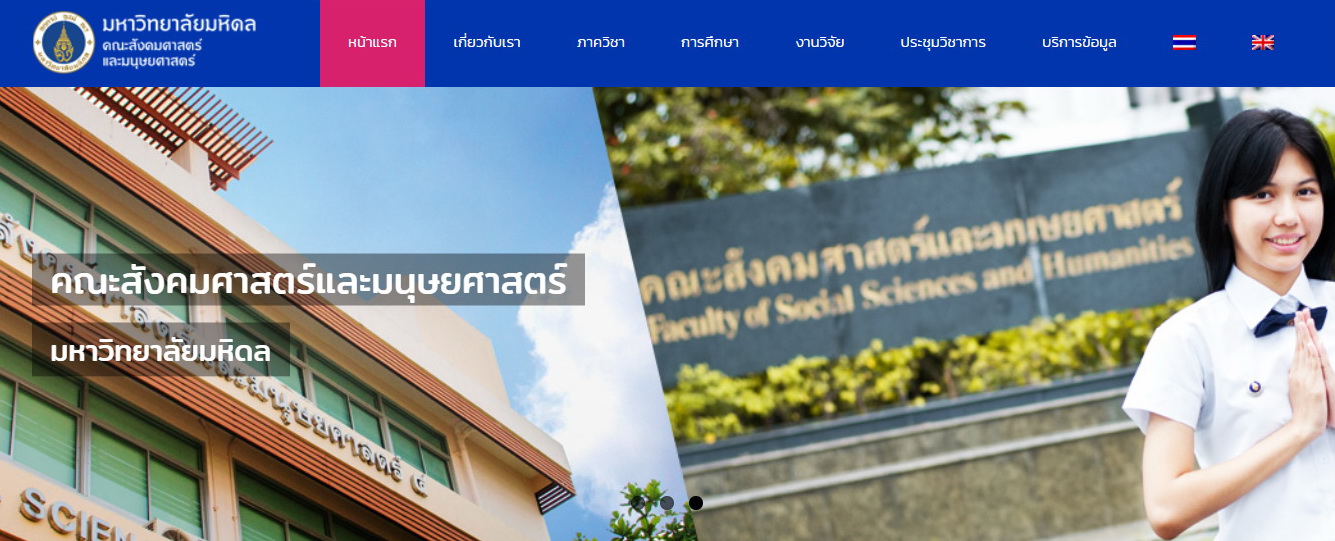PC’s 3Cs (Content, Complexity, & Control) - A Writing Rubric
Keywords:
essay assessment, analytic/holistic rubrics, , inter-rater reliabilityAbstract
One goal of any academic language program is for students to be able to write essays that practice and demonstrate their ability to generate, organize and develop ideas using increasingly complex and accurate language. One way of encouraging and assessing this, and the subject of this paper, is the use of a grading rubric. Without a rubric, students are graded holistically according to each grader's personal values and criteria, which often leads to poor inter-rater reliability across different classes within a particular level, and little feedback as what the students do well, or, perhaps more importantly, what they need to improve. Conversely, the use of an overly complex rubric can also lead to poor inter-rater reliability, although the feedback for students is potentially much more useful. This paper will discuss a new grading rubric based on just three criteria: content, complexity, and control. This rubric is designed to increase inter-rater reliability and the ease with which grades are assigned and understood, but it also makes an extremely valuable teaching tool as it gives students a better idea of what to aim for and which skills they need to improve. One final benefit is that it encourages students to use more advanced language rather than rely on simplistic language in an attempt to reduce grammatical errors. This rubric is extremely flexible and can be adapted for use as an instructional and assessment tool across a broad range of English ability levels.
References
Andrade, H. G. (2000). Using rubrics to promote thinking and learning. Educational Leadership 57 (5): 13–18.
ASEAN Secretariat (2014). ASEAN Economic Community. asean.org. Retrieved from http://www.asean.org/communities/asean-economic-community
Black, P., and Wiliam, D. (1998). Inside the black box: Raising standards through classroom assessment. Phi Delta Kappan 80 (2): 139–48.
Broad, B. (2003). What we really value: Beyond rubrics in teaching and assessing writing.
Capannelli, G. (2013). Key Issues of Labor Mobility in ASEAN. Presentation at The 3rd ADBI-OECDILO Roundtable on Labour Migration in Asia: Assessing Labour Market Requirements for Foreign Workers and Developing Policies for Regional Skills Mobility. Bangkok, Thailand.
Center for International Trade Studies, (2012), University of the Thai Chamber of Commerce, Thai Skilled Labor and the AEC. An Analysis of the Competitive Potential of Skilled Labor in the Service Sector Free Opening under the ASEAN Economic Community (AEC). Thailand Economic & Business Review. Retrieved February 4, 2015, from http://department.utcc.ac.th/asc/pdf/eng4_3.pdf
Diederich, P. B., French, J. W., & Carlton, S. T. (1961). Factors in judgments of writing ability. ETS Research Bulletin Series, 1961(2), i-93.
EF English Proficiency Index (2014), EF Education First. ef.co.uk. Retrieved Jan 31, 2015 from http://www.ef.co.uk/epi/
Hallinger, P., & Lee, M. (2013). Exploring principal capacity to lead reform of teaching and learning quality in Thailand. International Journal of Educational Development, 33(4), 305-315.
Jonsson, A., & Svingby, G. (2007). The use of scoring rubrics: Reliability, validity and educational consequences. Educational research review, 2(2), 130-144.
Lefevre, A. (2014). Thai junta boosts spending on defense, education in draft budget. Reuters. Retrieved February 8, 2015, from http://www.reuters.com/article/2014/08/18/us-thailand-budget-idUSKBN0GI0MG20140818
Maxwell, D. (2014). 28 weeks later: Education reform in Thailand under the junta. Asian Correspondent. Retrieved February 12, 2015, from http://asiancorrespondent.com/128438/28-weeks-later-education-reform-in-thailand-under-the-junta
Pasadilla, G. O. (2011). Social security and labor migration in ASEAN. ADBI Research Policy Brief, 34.

Published
How to Cite
Issue
Section
License
Sahasarts: Journal of Social Sciences and Humanities places great importance on safeguarding copyright and protecting authors’ rights in the dissemination of academic works. The objective is to promote transparency, academic integrity, and adherence to international publishing standards. The journal has established the following policies:
|
1. Acceptance of Publication Conditions - Authors submitting manuscripts for publication must strictly comply with the journal’s policies and publication conditions. - Submission of a manuscript constitutes acceptance of the review and publication process in accordance with the journal’s standards. |
|
2. Copyright Transfer - Upon acceptance for publication, authors agree to transfer the copyright of the article to Sahasarts: Journal of Social Sciences and Humanities. - The journal reserves the right to publish, reproduce, and disseminate the article in all formats, including print, online, and other digital media. |
|
3. Authors’ Rights after Copyright Transfer - Authors retain the right to use their articles for academic purposes, such as teaching, personal research, inclusion in theses or dissertations, or dissemination on non-commercial platforms. - Any use of the article for commercial purposes requires prior written permission from the journal. |
|
4. Publication under Creative Commons License - All articles are published under the Creative Commons Attribution-NonCommercial-NoDerivatives 4.0 International License (CC BY-NC-ND 4.0). - Others may share or distribute the article with proper credit to the original author(s) but may not modify, adapt, or use it for commercial purposes. |
|
5. Accuracy of Content and Use of Third-Party Materials - Authors must certify that the submitted manuscript is their original work, has not been simultaneously submitted elsewhere, and does not infringe copyright, plagiarize, falsify data, or otherwise violate academic publishing ethics. - Authors are responsible for obtaining permissions to use third-party materials (e.g., figures, tables, graphics) and must provide appropriate citations or acknowledgments. |
|
6. Disclaimer - All published articles are the copyright of Sahasarts: Journal of Social Sciences and Humanities. - The content, data, and opinions expressed in the articles are the sole responsibility of the respective authors and do not necessarily reflect the views of the editorial board or affiliated institutions. - In cases of error, copyright infringement, or ethical misconduct, full responsibility rests with the author(s). - Any commercial use of published articles requires prior written permission from the journal’s editor, including a clear statement of purpose and intended use. Unauthorized commercial use shall be the sole responsibility of the user. |




